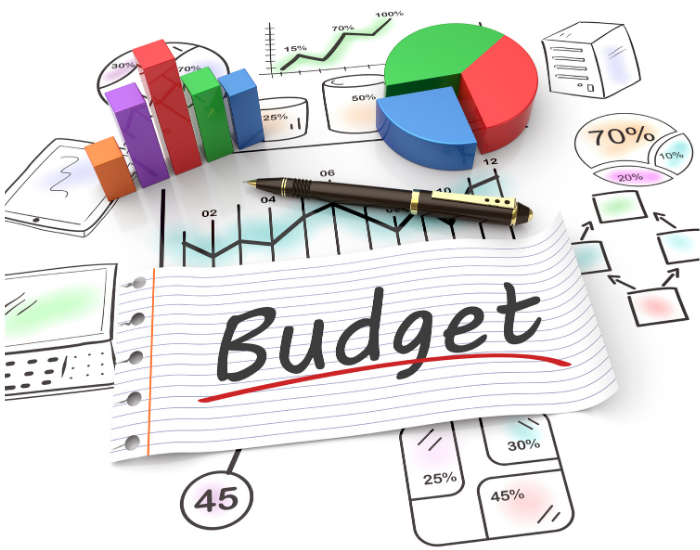Have you ever run out of money for a project? Unforeseen risks knock at your door. You look at your budget, but you don't have the funds to respond to these risks. Let's explore management reserves for projects, who controls them, and how to estimate the reserves.

There is a better way to handle the unexpected. You can – assuming that your organization supports the concept of reserves – create a management reserve. Let's dig a little deeper.
"If anything can go wrong, it will." –Murphy's Law
Why Reserves are Needed
During the course of a project, you and your project team identify risks which are referred to as known/unknown risks. These risks are known – that is, they've been identified. However, we don't know the amount of rework that will be required if the risks occur.
We handle the known/unknown risks by creating a contingency reserve using estimating techniques such as the Expected Monetary Value (EMV) Method. The project manager adds the contingency reserve to the project budget, resulting in the cost baseline.
Cost Baseline = Cost Estimate + Contingency Reserve
Furthermore, project managers encounter unknown/unknown risks. These risks have not been identified. Therefore, we don't know the cost of responding to these risks. Here's where the management reserve comes into play.
What is a Management Reserve?
The management reserve is the amount of the project budget reserved for unforeseen work that is within the scope of the project. The project manager adds the management reserve to the cost baseline resulting in the total project budget.
Project Budget = Cost Baseline + Management Reserve
Who Controls the Management Reserve?
The project manager does not have control of the management reserve. That's why it's called the "management" reserve. It's controlled by management, typically the project sponsor or senior management. Consequently, the project manager cannot access or adjust the management reserve without approval from the sponsor.
Management Reserve. An amount of the project budget or project schedule held outside of the performance measurement baseline for management control purposes, that is reserved for unforeseen work that is within scope of the project. –PMBOK® Guide 6th Edition
How Do You Estimate the Management Reserve?
A common method for estimating the management reserve is to add 5-10% of the cost baseline. The higher the uncertainty, the higher the percentage. Assuming the cost baseline is $100,000 and a 5% management reserve, the project manager would add $5,000 (i.e., $100,000 x 5%) to the $100,000 resulting in a total project budget of $105,000.
Management Reserve Example
Cost Estimate: $93,000
Contingency Reserve: $7,000
Management Reserve: $5,000
Cost Baseline = Cost Estimate + Contingency Reserve
Cost Baseline = $93,000 + $7,000
Project Budget = Cost Baseline + Management Reserve
Project Budget = $100,000 + $5,000
When Should You Adjust the Management Reserve?
Reserves may be used, reduced, or eliminated over time. Not everyone agrees with reducing unused reserves. Project managers should determine with the project sponsor whether management reserves will be reduced or eliminated during the project, how this will occur, and when. Include this information in your Cost Management Plan.
6 Practical Ways to Improve Cost Management
Project Risk Coach Tips

Sign up for the weekly Project Risk Coach blog posts and receive the Project Management Plan Checklist. This will allow you to deliver projects with fewer problems and greater value.
"Intelligent leadership, creative communication and depth of technical skill all describe Harry Hall." –John Bartuska, Director of HR–ONUG Communications
